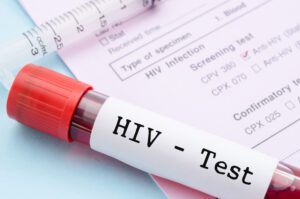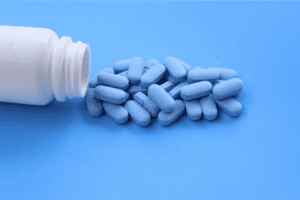South Africa is on the brink of a major shift in HIV prevention, with plans to introduce lenacapavir—a twice-yearly injectable—at select public clinics by April 2026. As reported by All Africa, this move could make lenacapavir the nation’s first widely used long-acting HIV prevention shot, despite earlier hopes that CAB-LA, a two-monthly injection, would take the lead.
Long-acting injectables are hailed as “game-changers” in the fight against HIV, offering sustained protection and helping overcome challenges such as daily pill adherence. Two frontrunners have emerged: CAB-LA, which provides two months of protection per shot, and lenacapavir, which lasts for six months. Both have demonstrated near-complete prevention of HIV in large trials, but their rollouts have faced very different fates.
CAB-LA gained international acclaim in 2020 after outperforming daily pills in pivotal studies. The World Health Organization recommended it in 2022, and South Africa registered the drug shortly after. However, access stalled when the manufacturer, ViiV Healthcare, withheld pricing details, and subsequent offers were deemed unaffordable by the health department—initially $180, later dropping to $160 per person annually. Negotiations lingered with no breakthrough, and promised donations from PEPFAR, the US global AIDS initiative, never materialized due to US foreign aid cuts. As of September 2025, CAB-LA remains unavailable in both public and private sectors in South Africa.
Meanwhile, lenacapavir—developed by Gilead—rapidly advanced. Though not yet registered locally, it is expected to receive authorization soon, thanks in part to international regulatory cooperation. South Africa’s health department and the Global Fund have earmarked funding to initiate lenacapavir rollout at 300 public clinics, with costs set at just $60 per person annually, making it far more cost-effective than CAB-LA.
This pricing, enabled through a deal with the Global Fund and private donors, is not without controversy. Advocacy groups have criticized the lack of transparency in Gilead’s pricing, arguing it could undermine affordability in countries outside the agreement. Even so, modelling by local researchers shows that lenacapavir’s extended protection and fewer required clinic visits (twice yearly, versus six times for CAB-LA) make it highly cost-effective and more practical for large-scale use.
Economic analyses suggest that, at current prices, only lenacapavir is a viable investment for the public sector. If scaled up to reach millions, models predict lenacapavir could reduce new HIV infections to below 0.1% by 2038—potentially ending the epidemic in South Africa. However, achieving this will require sustained funding and political commitment.
Looking ahead, generic versions of both injectables are expected by 2027, likely further reducing costs and expanding access. New formulations in development may also extend the protective window, offering even greater convenience.









